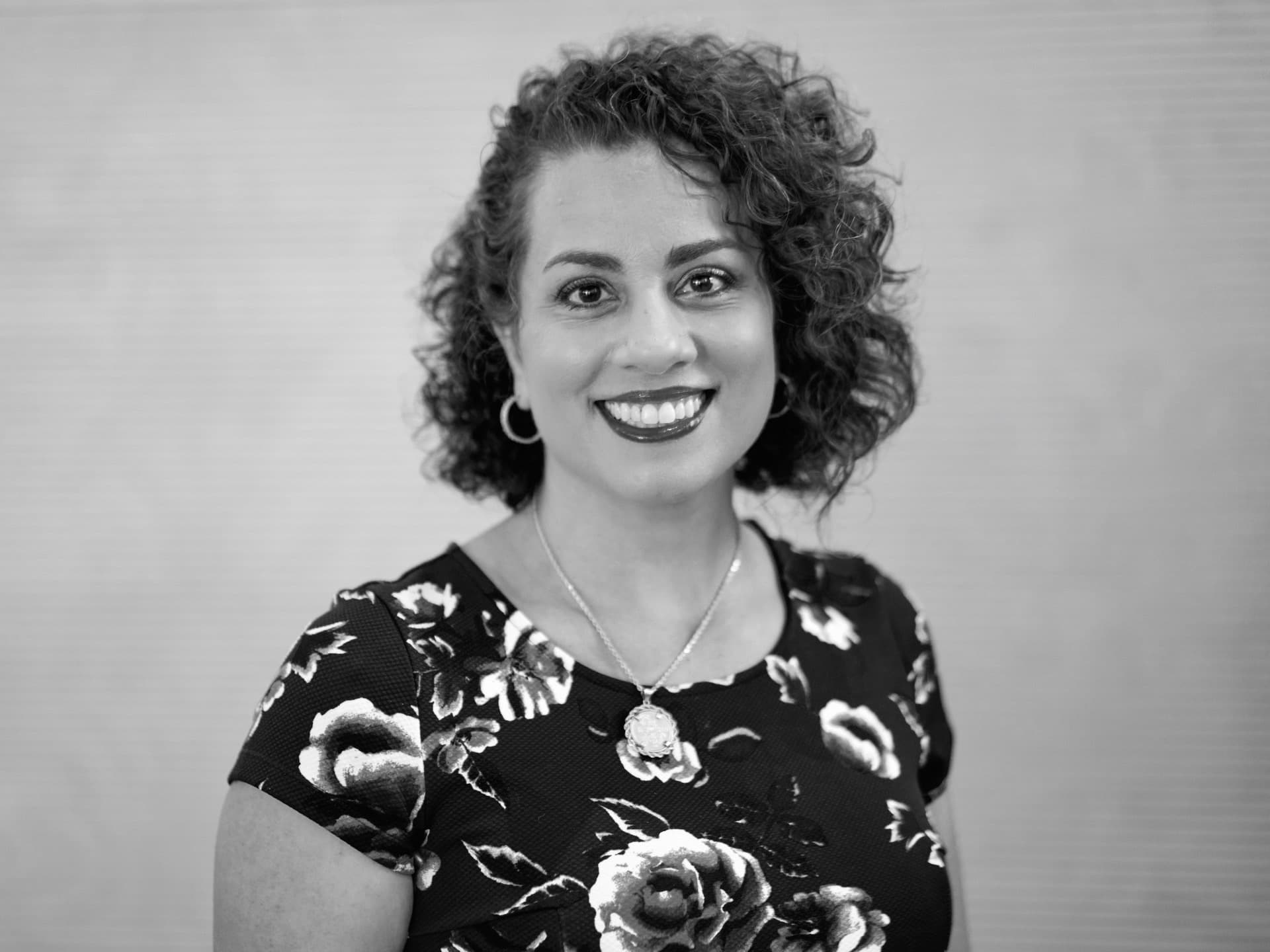Dr. Judith Orloff’s adolescence reads like a Jewish version of “Girl, Interrupted,” the 1999 film starring Wynona Ryder as teenage social misfit whose parents sent her to a psych ward. However, there is a happier ending in Orloff’s story.
In the opening chapter of her New York Times best-seller, “Emotional Freedom: Liberate Yourself From Negative Emotions and Transform Your Life,” Orloff describes how she felt suffocated growing up as a teenager in the upper-middle-class Jewish milieu of 1960s West Los Angeles. She rebelled against the social conventions of her parents’ Jewish country club, Hillcrest, flouted synagogue services, slept in her “holey” jeans and got involved in the drug scene. But what really unnerved her parents were her intuitions and dreams. Orloff describes how she had an uncanny connectedness to her inner world, even predicting her grandfather’s death through a dream.
“From the very beginning, I had a strong sense of God, since I’ve been little,” Orloff said from her home in Marina del Rey in a living room furnished in white and wicker. The red-haired, blue-eyed Orloff faces the Pacific Ocean through large paneled windows, sitting with a calm poise that likely comes from daily meditation and walks along the shore. “I had a strong connection to nature and God, and that seemed more real to me than what was happening here.”
But what Orloff saw as a spiritual gift of intuition, her parents saw as a mental health problem. They checked her into the adolescent substance abuse unit of Westwood Psychiatric Hospital, where she befriended Windy, a “comrade in captivity,” who organized an escape plan with Orloff. Not long after, through the help of a wise psychiatrist, Orloff realized that she was never really free — that her life was simply a reaction to her parents and her surroundings. That’s when her path to emotional freedom began. Two decades later, she returned to that same hospital, treating patients as a well-known psychiatrist.
Orloff is a pioneer in marrying traditional medicine, intuition, energy and dreams in an approach she calls “energy psychiatry,” which she uses in her private practice in Century City.
Orloff defines emotional freedom as the transformation of negative emotions — fear, depression, anxiety, frustration, loneliness, jealousy and anger — into positive ones: courage, joy, calm, patience, connectivity, self-esteem and compassion. In “Emotional Freedom,” she provides meditation exercises to foster intuitive awareness, discusses the instructional power of dreams, outlines various emotional types and “vampires,” and methodically analyzes major emotions — their physiological, spiritual and psychological sources.
She often candidly culls from her own personal experiences to demonstrate her points, and a figure that fits prominently into her tales is her mother.
“My mother never wanted me to incorporate intuition in medicine,” she said. “She was afraid it would be thought of as weird.”
Also a physician, her mother ran a thriving practice in family medicine into her 70s, yet Orloff describes her mother as constantly living with a sense of inadequacy. She observed how traditional Jewish services didn’t usually offer the spiritual grounding to relieve her stress and fear.
But on her deathbed, her mother finally revealed to Orloff a secret: She came from a line of intuitive healers, which Orloff is quick to point out doesn’t translate into “psychics,” a term she doesn’t like to use.
Orloff never became the conventional doctor her mother dreamed she would be, married to another Jewish doctor. On the lookout for her beshert, she has always been more attracted to creative types — writers, poets, artists — although in the book, she described a relationship with a devout Orthodox scholar, whose linear, intellectual path to spirituality stifled his feeling of connectedness to “God.” He rejected her suggestions for new meditation techniques, and the relationship ended after his rabbi called Orloff a witch.
Orloff has longed healed the rebel inside and connects to Judaism through its spiritual and mystical tradition. Rabbi Donald Singer, the leader of the Shir Hadash community and a Zen Buddhist, is her personal rabbi.
“The Jewish practice primed me to an openhearted, loving connection to God with beautiful ritual chants and God and a sense of family and community,” Orloff said.
In her study, which is dominated by a large Mac on her desk, a mat for yoga and stretching, and a corner with cushions for meditation, she looks lovingly at a picture of her parents.
After they passed on, she returned to a major source of her teenage rebellion, Hillcrest Country Club, and gave a lecture about her second book, “Second Sight,” to a very receptive audience. Orloff recently completely a book tour and is currently conducting workshops across the country.
“I’d give anything to have mother sitting there dressed to the nines in the front row,” she writes, “just once, even though I know she’s cheering from the Other Side.”
Orloff will be holding a workshop on “The Power of Intuition and Emotions to Heal,” Oct. 28-30 at the Esalen Institute in Big Sur. Her Web site is
Did you enjoy this article?
You'll love our roundtable.
Editor's Picks



What Ever Happened to the LA Times?

Who Are the Jews On Joe Biden’s Cabinet?


No Labels: The Group Fighting for the Political Center
Latest Articles

Sephardic Torah from the Holy Land | The Seventh Day…
The Middle Matza Passover 2024

The Jewish James Bond Already Knows His Villain













 More news and opinions than at a Shabbat dinner, right in your inbox.
More news and opinions than at a Shabbat dinner, right in your inbox.